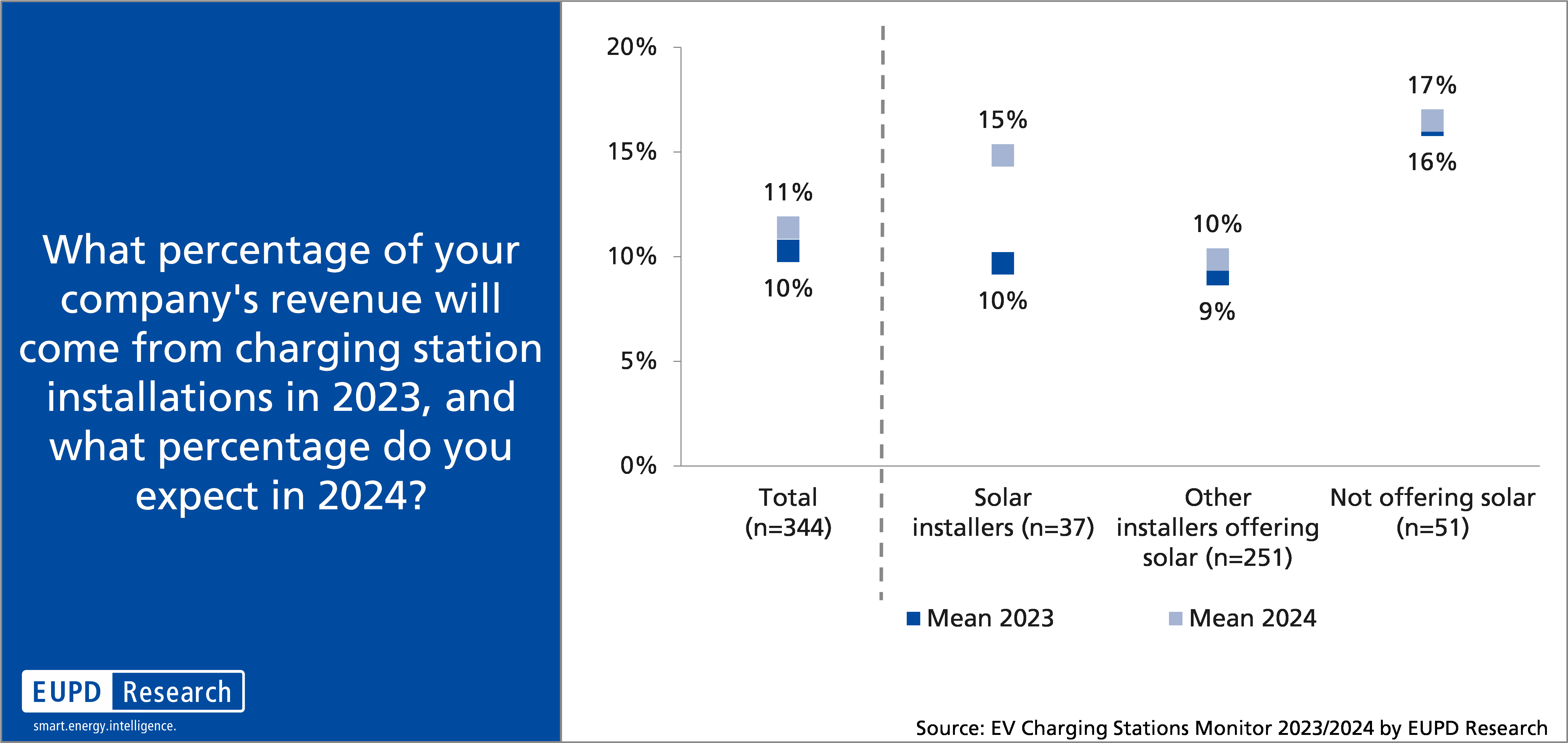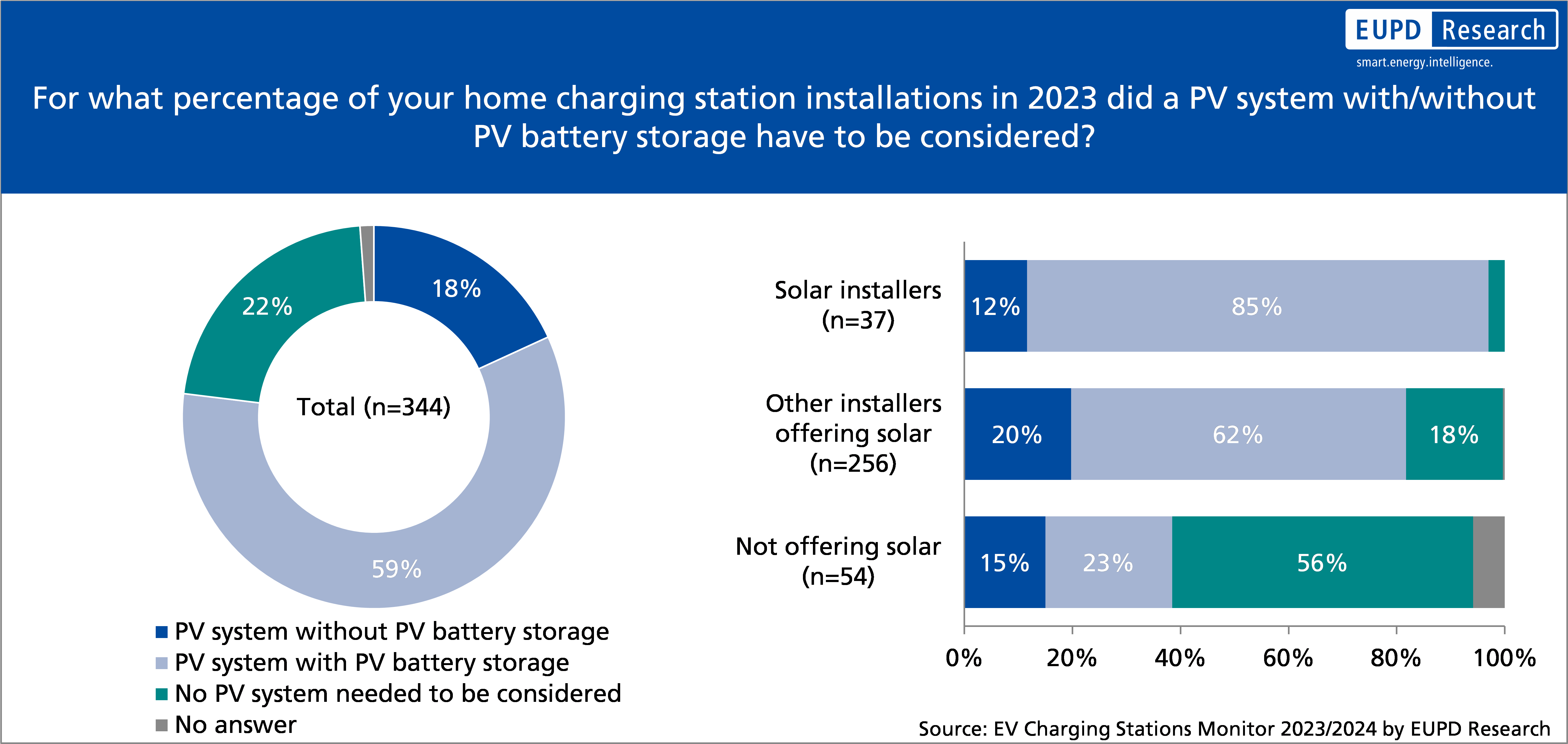Photovoltaic installers expect the installation of charging stations to become increasingly important in their field of business
|
||
|
||
|
||
|
||
|
||
|
||
|
Comments (0)
This post does not have any comments. Be the first to leave a comment below.
Featured Product




